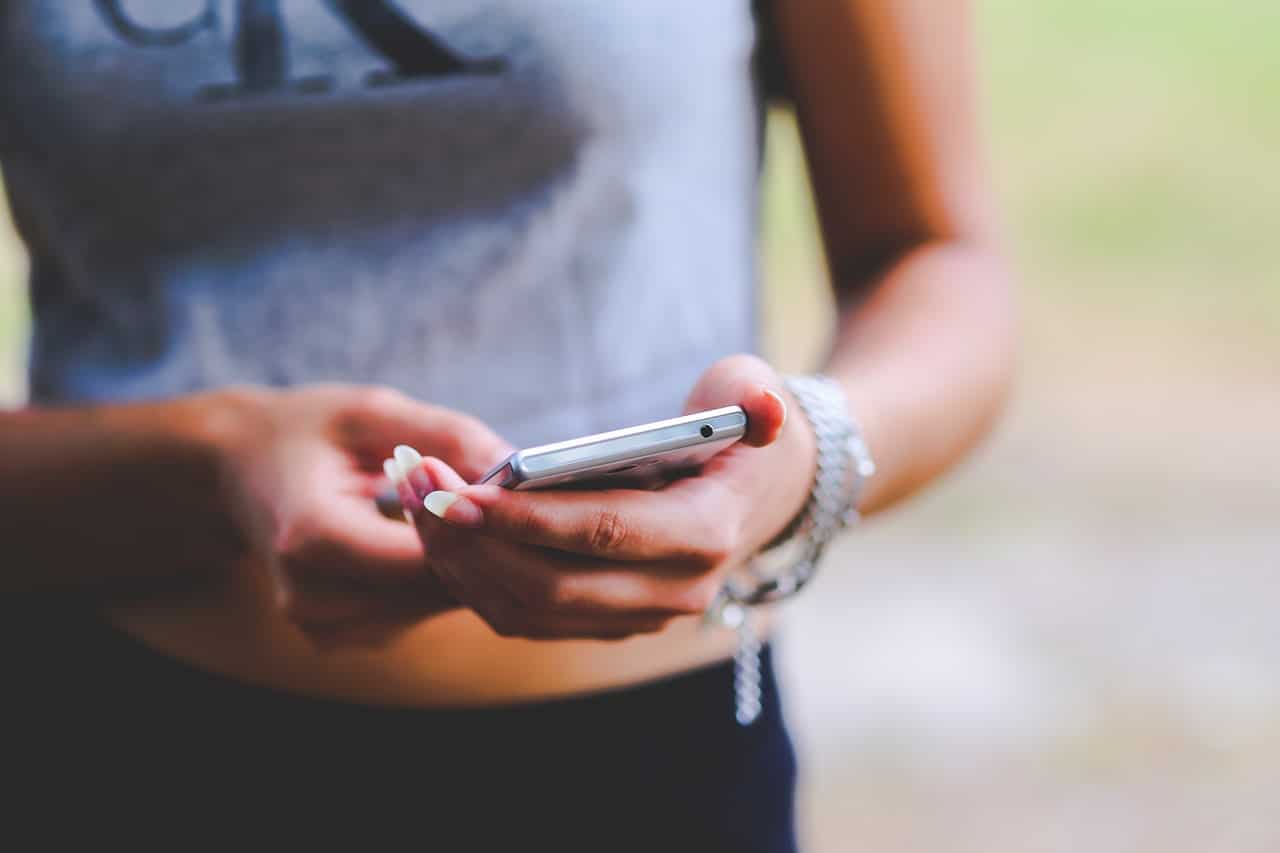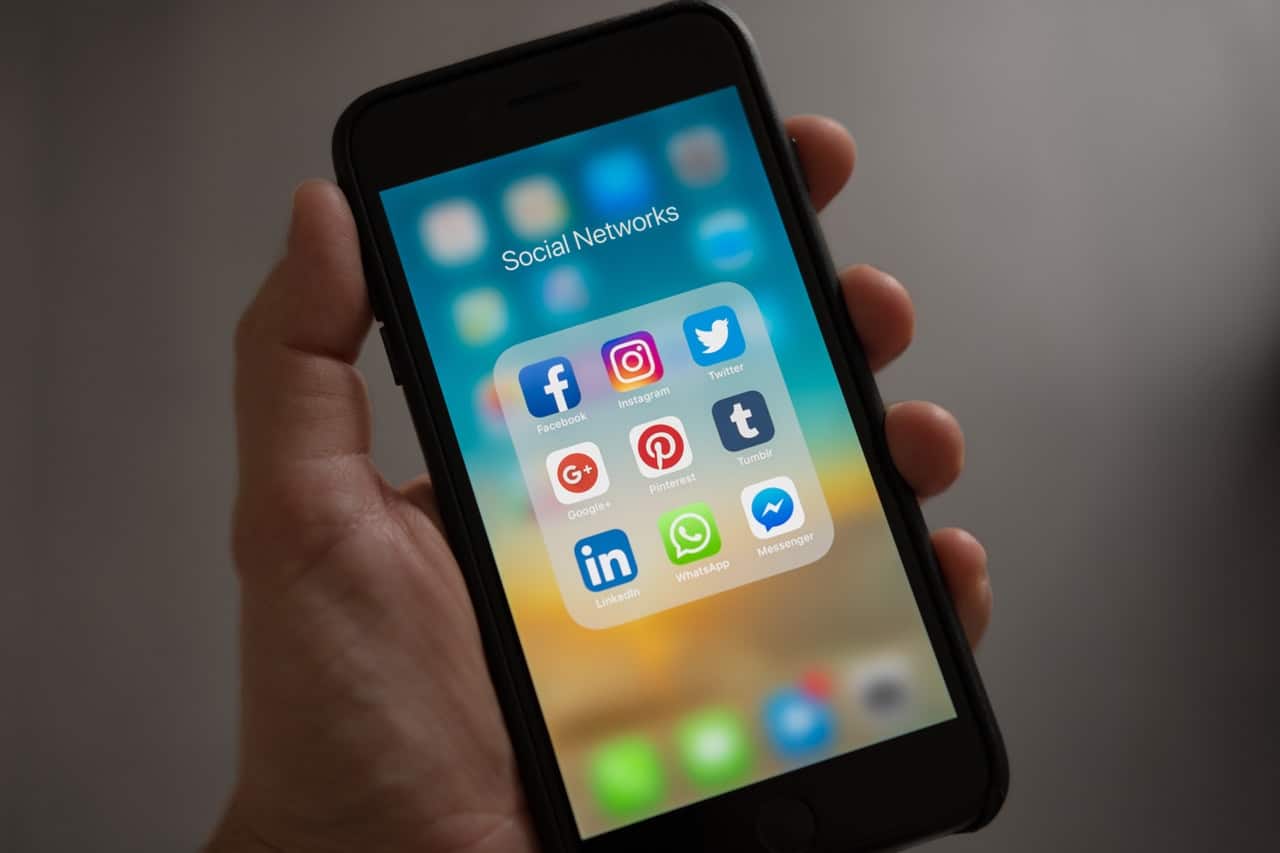If you’re like most people, social networking is an integral part of your day. Whether you use it to share photos with your friends and family members or to market your upcoming business, it’s easy to forget about the dangers lurking behind the scenes. With more than 70% of Americans using at least one social media site, these networks have become a goldmine of data. Are you protecting yourself?
Here are 7 ways to protect yourself from identity theft while still enjoying social media.
IMAGE: PEXELS
1. Check Your Privacy Settings
When creating a new account on any social media network, be aware of the pre-set privacy settings. Many social media websites default privacy settings to broad selections. This means your information may be viewable by more people than you ever thought.
If you’ve already established your profile, take the time to go through each privacy setting. Chances are you only want friends, and maybe friends or friends, getting a snapshot of your life.
2. Hide Personal Data
Social media sites collect a lot of personal data, including your full name, birthday, email address, and sometimes your physical address. Before posting on your page or advertising its existence, be sure you’ve taken the time to hide any data that doesn’t need to be seen by others. Be sure to hide your email address and avoid posting your full birth date. This information can be used to gain access to personal accounts, including your banking accounts.
3. Minimize 3rd Party App Usage
There are hundreds of 3rd party apps that can be used to manage your social media profiles. While these apps offer higher convenience, the fact is that they require access to your account. This means that you are sharing data with these apps.
Most apps require the ability to post content. Before using an app, be well aware of the level of access it requires. Only use trusted and reputable apps to avoid heightened risk of stolen data.
4. Never Share Personal Information
Hackers and fraudsters love to prey on vulnerable people. When using social media, never share confidential information such as:
- Social Security number
- Bank account information
- Account login
It’s also important to be aware of any inadvertent sharing of this data. Be mindful of your surroundings, especially when sharing pictures and videos. Taking a picture next to your car with a visible license plate can expose where you live and other data about you.
5. Use Antivirus Software
Social media is home to billions of files. From videos to images to hyperlinks to other sites, the amount of content is mind-blowing. While most content is safe, others may be plagued with viruses and other harmful malware. We’ve all mistakenly clicked a link on social media that took us to a shady looking website. More often than not, these sites are malicious.
Keep your computer protected by using antivirus software.
6. Update Your Social Media Mobile Apps
As pesky as they can be, app developers push updates to enhance performance and security. More often than not, when a vulnerability is found in an app, it’s patched and the updated version is released via an update. While it’s more convenient to avoid updates altogether, using older versions of an app can leave your data vulnerable.
Aside from app updates, it’s also important to keep your phone’s OS up-to-date as well. Old versions are vulnerable to hackers, especially if there is a security flaw that hasn’t been addressed.
7. Use Strong Passwords
We can hear you sighing already. No one likes to use hard-to-remember passwords, because well, they’re hard to remember. But, an important part of protecting yourself on social media is to secure your accounts with strong passwords.
Easy passwords, such as “password123” are easily cracked. Hackers can use all sorts of tools to guess your password, which gives them the golden key into your account.
When creating passwords:
- Use different passwords for each social media account
- Use a combination of uppercase and lowercase letters
- Use special characters such as !, #, or $
Many websites will tell you the strength of your password. While some websites may accept a weak password, avoid the temptation! Otherwise, your data is at risk. To create strong passwords, use a word or phrase that you can remember. Something as simple as “love my dog” can be turned into L0v3myD0G!, which is a pretty secure password.
Conclusion
Private companies will use data found on social media to better advertise and market their products. Marketing agencies use it to learn more about online behavior. But on the flipside, this data is also a prime target for hackers. Personal information found on social media can be used for identity theft as well as other forms of fraud.
In today’s on-the-go and highly connected world, it’s easy to forget about the dangers that exist on the Internet. With these 7 tips, you can post, Tweet, and Pin securely.
If you are interested in even more social media-related stories and information from us here at Bit Rebels then we have a lot to choose from.


COMMENTS